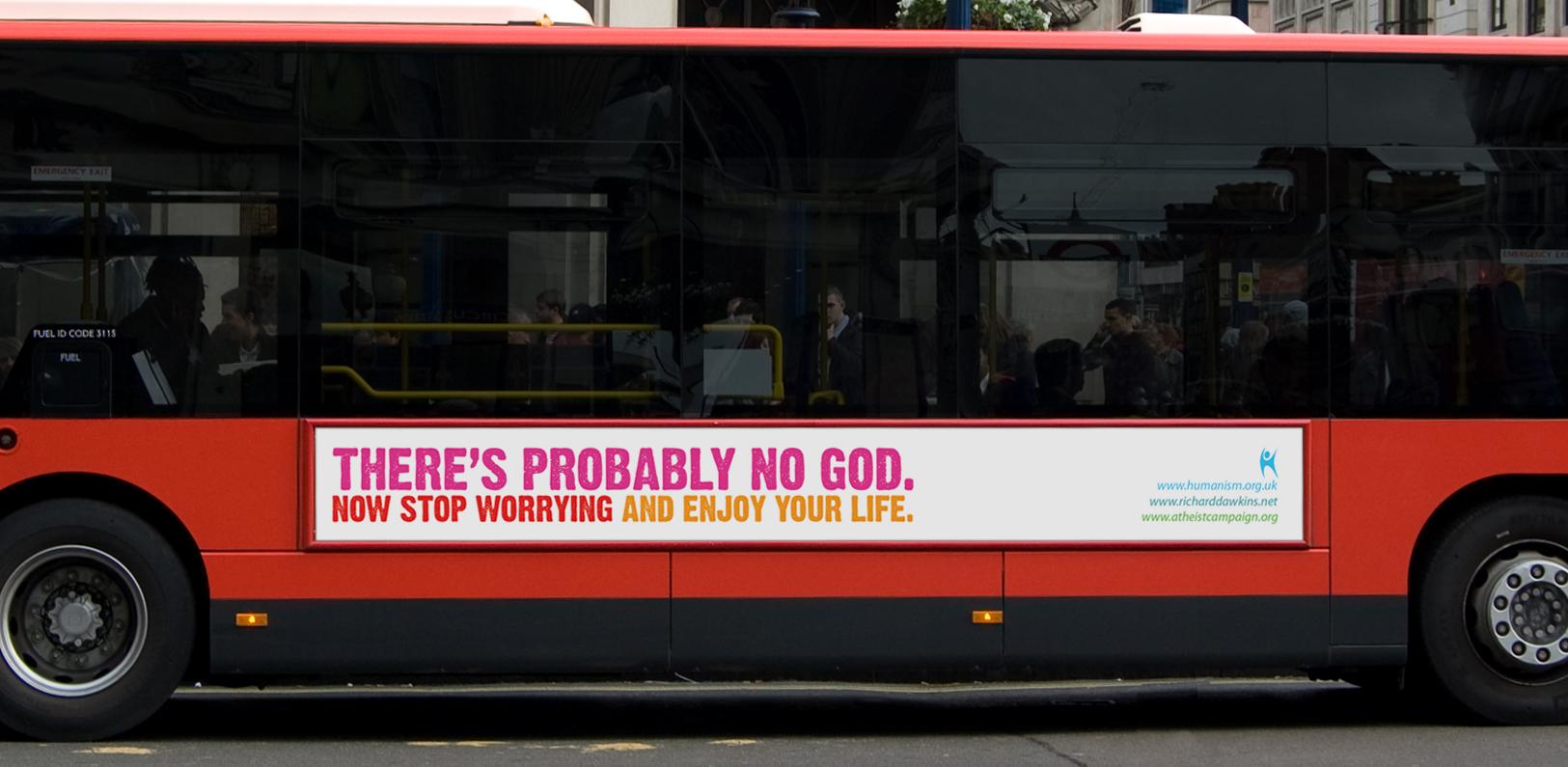A lot of people think agnosticism is a midway point between theism and atheism or belief and non-belief. I used to think that as well. My definition of agnostic was “A person who hasn’t decided if God exists or not”—one who doubts, basically—and for a long time I applied that definition to myself.
I’ve come to realize I was incorrect about the definition of agnosticism. It’s not a half-way point, it’s not about doubt, and it’s completely compatible with both belief and non-belief. I very adamantly do not believe in a god or gods, and yet I am also an agnostic. I think any honest believer or non-believer must also acknowledge that they, too, are also agnostics.
Understanding theism, atheism and agnoticism
Let’s talk terms: Theism is the belief in a god who created the universe and interacts in its daily affairs.(My favorite metaphor for theism is that of God as a gardener.) Theism is only one type of belief, by the way; there’s also deism, polytheism, and pantheism* (and for the record, I am an adeist, an apolytheist and an apantheist), but since most believers one encounters nowadays believe in a theistic god, that’s the big one.
Atheism is simply the opposite. The “a” suffix means “without”, so an a-theist is one who is without theism—one who does not believe in a god who created the universe and interacts in its daily affairs. It’s most definitely the opposite end of the spectrum from theism.
Agnosticism is a term coined by English biologist Thomas Huxley in 1869. It’s an adaption of the word “gnosis”, which means spiritual knowledge. To be an a-gnostic is to be without such knowledge.
Effectively, being agnostic doesn’t mean you haven’t decided; it means you are without knowledge on the subject—in other words, you just don’t know. (Some say agnosticism means one can’t know.)
Not knowing and not believing
Understanding the true definition of the words agnostic and agnosticism changed my viewpoint. (I must thank my friends the Scientologists—another religion in which I absolutely do not believe—for emphasizing to me the importance of definitions.) I realized that I wasn’t a theist who became an agnostic who became an atheist; in fact I had been a theist and an agnostic, and was now an atheist and an agnostic.
Here’s the deal: I don’t know for certain if there is a god or not. No one does. (Some religious people will say they know for certain that God exists, but the proof isn’t there—just as I can’t provide definite proof that God doesn’t exist. Both sides of the existence-of-God debate claim evidence, but neither has definitive proof. If one did, there’d be no debate and this site would not exist.)
I am an agnostic because I don’t know whether or not God (or any god) exists, and I am an atheist because I don’t believe that God (or any god) exists.
Will you punch me in the face?
Still troubled? (No? Good. You can stop reading!) Let’s say you and I become friends, and we decide to go out to lunch. I don’t know whether or not, sometime during the meal, you are going to punch me in the face.
Now, chances are if our relationship has progressed to the point of dining together, it’s very unlikely that you’re going to punch me in the face. I probably know you to be an affable person with an even temper. We can discuss our differences, maybe even argue, without resorting to violence. You don’t strike me (heh) as a sudden-punch-in-the-face kind of person. I think the chances of you punching me in the face are low enough that it’s safe to go to a restaurant and sit within punching distance. Plainly put, I don’t believe you will punch me in the face. I am an a-punch-ist.
But maybe there’s information I don’t have. Maybe you have a brain tumor (Heaven forbid!) and some time during our lunch it will progress to a point where you behave irrationally and punch me in the face. Maybe someone slipped you a note just before we walked into the restaurant: “I have kidnapped your family and will hurt them unless you punch Aaron in the face during lunch.”
No matter what I believe, I cannot say for certain that you will not punch me in the face. Skeptical as I am, I cannot say I know 100% for sure whether or not you will punch me.
I don’t know and I don’t believe.
Same for the existence of a god. I don’t know if God exists, but based on the evidence, my opinion is that the chances are low enough that it’s safe to live my life as if no god or gods exists.
I don’t know and I don’t believe.
Be honest: Does anyone really know?
I happen to think that any honest atheist or theist (or deist or polytheist or pantheist) must admit to being an agnostic as well. Even Richard Dawkins, whose brilliant book The God Delusion was a key step in my path away from belief, has said that on a scale of 1 to 7 (1 = I know for certain there is a god, 7 = I know for certain there is no god), he is a 6.
That doesn’t mean Richard Dawkins doubts his doubts. He explains that his views are shaped purely by evidence, and that if he could be presented with sufficient evidence of God’s existence, he would be compelled to change his opinion. (So far that hasn’t happened.) He even commissioned a set of bus ads in the UK that said not “There’s no God,” but “There’s probably no God.” Now that is honesty.
So yes, I’m an agnostic and an atheist. And by the way, there is no god.
* Deism: Belief in a god who created the universe but does not interact with it; polytheism, belief in multiple gods; pantheism, believe that all things in the universe constitute a god.
